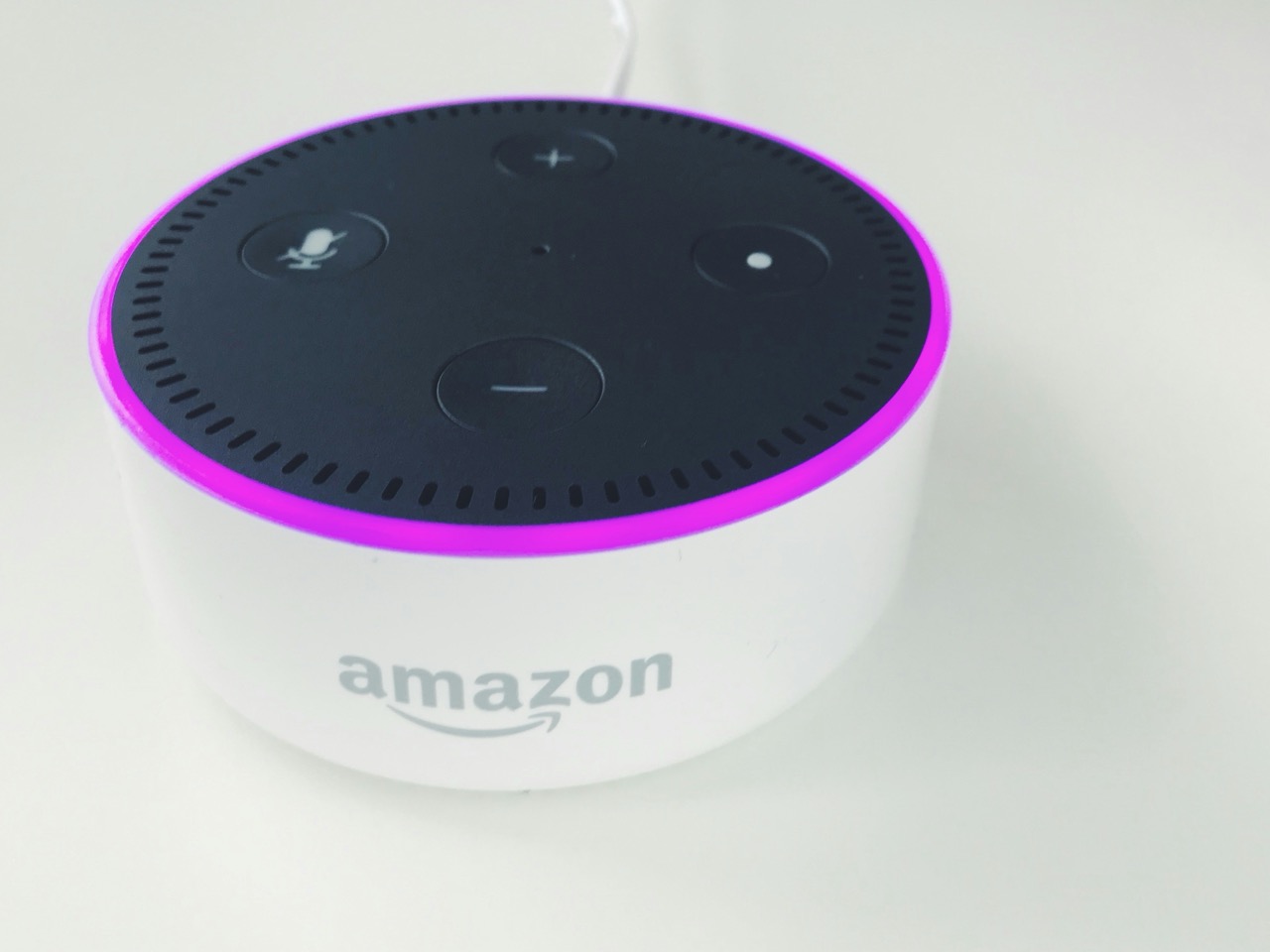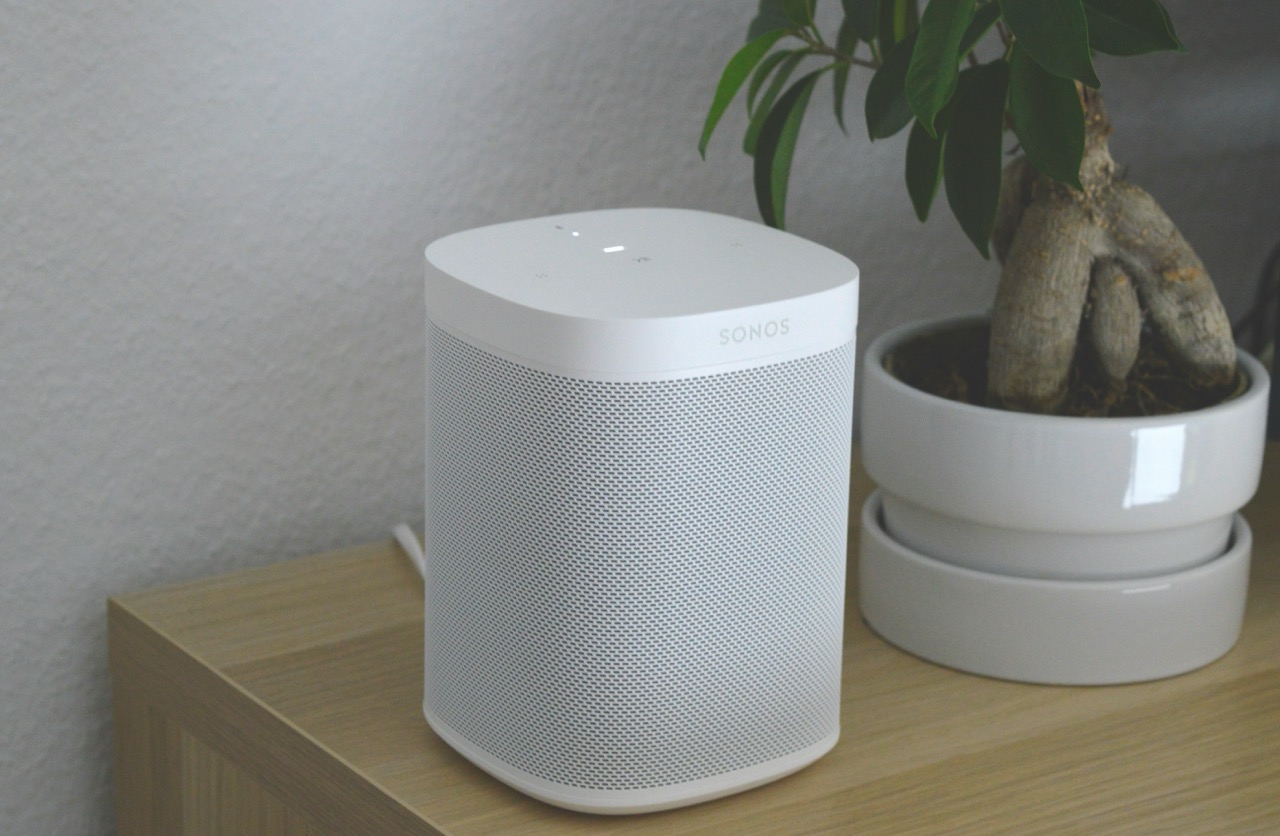In the landscape of health and fitness technology, smart scales have emerged as a pivotal tool for those looking to better understand and manage their physical well-being. Unlike traditional scales, these advanced devices provide a comprehensive look at body composition, not just body weight. As fitness enthusiasts and health-conscious individuals explore ways to optimize their routines, smart scales seem to offer a promising gateway. This article will delve into whether these devices are indeed worth the hype, their accuracy, how they compare to traditional scales, and how they can potentially maximize fitness results.
Evaluating Smart Scales: Worth the Hype?
The buzz surrounding smart scales is hard to ignore. These devices do more than just measure weight; they analyze components such as body fat percentage, muscle mass, water content, and even bone density. This wealth of data can transform how individuals approach their health and fitness goals. For instance, understanding fluctuations in water weight or increases in muscle mass can provide a more detailed and motivating picture of one’s progress. However, it’s essential to recognize that these scales are tools meant to complement a well-rounded fitness regimen, not replace professional health advice.
While the features of smart scales promise a futuristic approach to health monitoring, their real-world application often depends on user engagement and consistency. The hype is justifiable for users who are committed to regular tracking and can critically assess and apply the data to their routines. On the other hand, for casual users, the advanced metrics can be overwhelming and underutilized, suggesting that the value of smart scales largely depends on one’s lifestyle and commitment to their fitness goals.
Given the cost of smart scales, which can be significantly higher than traditional scales, potential buyers should consider how much value the additional data will add to their fitness journey. Are detailed body composition insights crucial to achieving your goals, or would a simpler scale suffice? This evaluation is key in determining whether the investment in a smart scale is worthwhile.
How Accurate Are Smart Scales Really?
Smart scales use bioelectrical impedance analysis (BIA) to estimate body composition metrics. This technology sends a weak electric current through the body to estimate the resistance posed by different tissues. However, the accuracy of these estimations can be influenced by various factors such as hydration levels, recent food intake, and even the time of day. This means that while smart scales can offer valuable insights, they should not be relied upon for absolute precision compared to medical-grade devices.
Despite these limitations, when used consistently under similar conditions (such as the same time of day and hydration status), smart scales can provide a reliable way to track body composition changes over time. This consistency can highlight trends and patterns that are crucial for adjusting fitness plans and diets. Therefore, while the absolute numbers might not always be spot-on, the relative changes can be a powerful tool for anyone serious about improving their body composition.
To maximize the accuracy of a smart scale, it’s advisable to follow the manufacturer’s guidelines for use and calibration. Regularly comparing your smart scale’s readings with clinical assessments can also provide a more nuanced understanding of its accuracy. By recognizing the limitations and ideal usage conditions of smart scales, users can better leverage them as part of a comprehensive fitness tracking strategy.
Smart Scales vs. Traditional Scales: A Comparison
Traditional scales are straightforward: they measure body weight and nothing else. This simplicity can be a double-edged sword. On one hand, for people who are just looking to monitor their weight, traditional scales are sufficient and cost-effective. On the other hand, they provide no insight into what constitutes that weight, whether it be fat, muscle, or water, which are critical elements for anyone trying to improve their physical health or change their body composition.
Smart scales, in contrast, offer a holistic view of an individual’s health by providing multiple metrics that matter for a nuanced understanding of one’s body. The data from smart scales allows for a more targeted approach to diet and exercise, potentially increasing the efficacy of these regimens. For instance, if a smart scale indicates a loss in muscle mass but a stable weight, it might prompt a user to adjust their protein intake or resistance training.
However, the choice between a smart scale and a traditional scale should consider personal goals and the level of detail needed to achieve them. If detailed body composition insights and tracking progress on multiple health metrics are important to you, then a smart scale is undoubtedly superior. For those focused solely on weight, a traditional scale may suffice. Choosing the right tool can make a significant difference in how effectively you can pursue and achieve your fitness goals.
Maximizing Fitness Results with Smart Scales
One of the primary benefits of smart scales is the ability to track trends over time, providing users with a detailed history of their progress. This feature can be incredibly motivating, as it offers tangible evidence of how dietary adjustments, exercise routines, and other lifestyle changes are affecting overall body composition. For someone aiming to reduce body fat, seeing a downward trend on their smart scale can reinforce their commitment to their fitness regimen.
Additionally, the integration of smart scales with other fitness technologies, such as apps and wearable devices, creates a comprehensive ecosystem that enhances personal health management. This connectivity allows for automated data synchronization and analysis, giving users a holistic view of their health and making it easier to set, track, and adjust fitness goals based on detailed feedback from multiple sources.
Lastly, the motivational aspect of sharing progress with a community or coach through smart scale data can not be underestimated. Many smart scales offer features that include social sharing or the ability to connect with fitness professionals. This social reinforcement can provide accountability and support, which are crucial components of any successful fitness plan.
Smart Scale Features That Boost Your Goals
Smart scales come equipped with various features that can significantly enhance your ability to meet fitness goals. Beyond basic weight and body fat measurements, many models also calculate metrics like muscle mass, bone density, and resting metabolism rate (RMR), which can help tailor fitness and nutritional plans more precisely. For athletes or those in rigorous training, understanding shifts in these metrics can inform more specialized and effective training programs.
Some smart scales also feature user-friendly interfaces with graphical displays of trends and detailed reports. These visual representations can help users more easily interpret complex data, making it more likely that they will stick with their fitness plans over time. The educational aspect of learning about different body metrics and understanding how they correlate with health and fitness is invaluable.
Moreover, the ability to set goals and receive tailored insights and suggestions based on individual data is another substantial benefit. Many smart scales offer this personalization, providing a custom approach to health that can adapt as the user’s fitness level changes. This dynamic element ensures that the scale grows with the user’s evolving health needs and goals.
Making the Investment: Is a Smart Scale for You?
Investing in a smart scale is a decision that should be aligned with your personal health and fitness objectives. If you’re deeply committed to understanding and optimizing your body composition, a smart scale can provide the detailed metrics necessary to fine-tune your approach. It’s particularly useful for those who thrive on data-driven strategies and enjoy integrating technology into their health regimen.
However, for individuals who are overwhelmed by too much data or who are simply looking to maintain a general check on their weight, the cost and complexity of a smart scale might not be justified. It’s important to evaluate how likely you are to use and benefit from the advanced features offered by smart scales.
Lastly, consider the long-term advantages of owning a smart scale. For many, the initial cost is offset by the prolonged benefits of having a detailed understanding and control over one’s physical health. Ultimately, a smart scale can be a valuable investment in your health journey, provided it aligns with your needs and goals.
Smart scales represent a significant advancement in personal health technology, offering a range of features that traditional scales cannot match. By providing detailed insights into body composition, integrating seamlessly with other health technologies, and motivating users through trackable metrics, smart scales have the potential to dramatically enhance how individuals approach fitness and health management. Whether they are worth the investment depends largely on personal health goals and how the features align with individual needs. As we continue to embrace technology in every aspect of our lives, tools like smart scales will play an increasingly important role in empowering us to achieve our healthiest selves.










